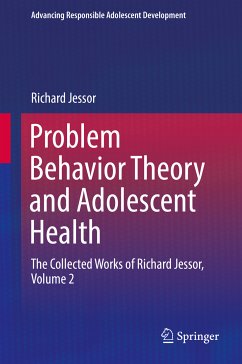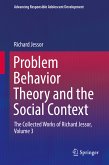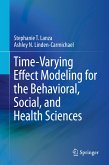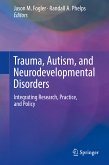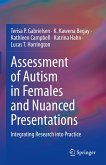This second volume of Richard Jessor's influential works applies his groundbreaking theory to illuminating the psychosocial determinants of adolescent health. Focusing on a range of both health-compromising and health-enhancing behaviors, including problem drinking, marijuana use, risky driving, and early sexual experience as well as regular exercise and healthy diet, these writings advance understanding of the role of health behavior in adolescence and adolescent development. Chapters illustrate the relevance of the theory and of its interdisciplinary approach for research on behavioral health in adolescence and for the design of prevention/intervention programs to promote healthy development. In addition, the book's comparative studies of U.S. and Chinese youth reveal the generality of the theory across societal and national differences.
Topics featured in this book include:
- Alcohol use and problem drinking in adolescent health and development.
- Psychosocial research on marijuana use.
- Understanding early initiation of sexual intercourse in adolescence.
- Smoking behavior in adolescence and young adulthood.
- Developmental change in risky driving.
- Healthy eating and regular exercise in adolescent health and development
Problem Behavior Theory and Adolescent Health is a must-have resource for researchers, professors, clinicians, and related professionals as well as graduate students in developmental and health psychology, sociology, criminology, criminal justice, public health, and related disciplines.
Dieser Download kann aus rechtlichen Gründen nur mit Rechnungsadresse in A, B, BG, CY, CZ, D, DK, EW, E, FIN, F, GR, HR, H, IRL, I, LT, L, LR, M, NL, PL, P, R, S, SLO, SK ausgeliefert werden.
Hinweis: Dieser Artikel kann nur an eine deutsche Lieferadresse ausgeliefert werden.

